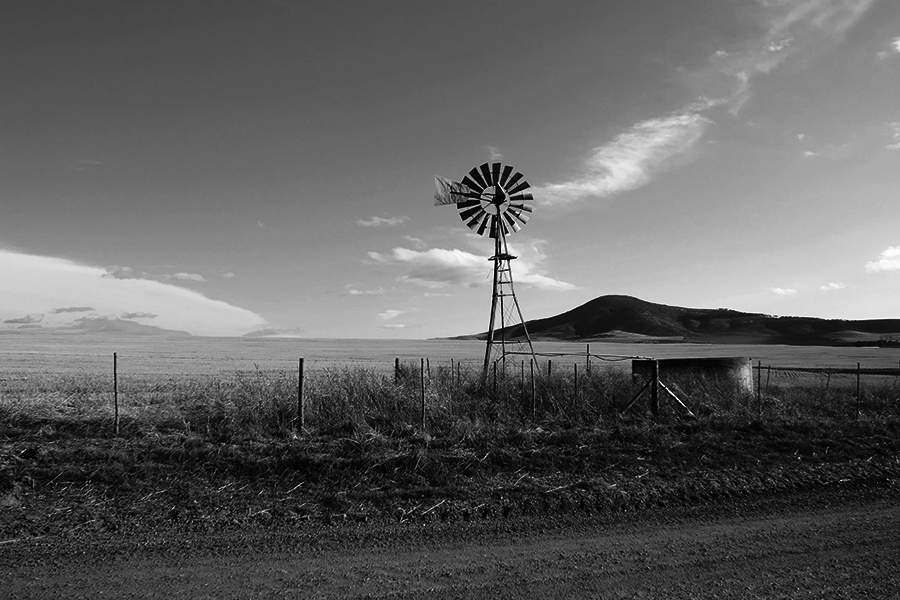Policy change is creating opportunities and challenges for farmers across the UK
As if the challenges created by our exit from the EU and the pandemic were not enough, the UK farming industry must also come to terms with the Agriculture Bill, which will shape the sector going forward. The UK Government considers that Europe’s Common Agricultural Policy was not working and post Brexit the bill now provides the opportunity to redefine how we support agriculture and food in the future, and what we want from the industry.
Undoubtedly the development of more sustainable and environmentally acceptable food production is already core to policy development and we must add to that the need to work towards carbon net-zero targets. However, the pandemic has highlighted just how important it is for the UK to have a consistent and adequate food supply. Food security is going to become of critical importance. While we can never be self-sufficient, nor may this be appropriate for a trading nation, we do need to put greater emphasis back on obtaining food from our own resources.
While we can never be self-sufficient, nor may this be appropriate for a trading nation, we do need to put greater emphasis back on obtaining food from our own resources
Also, if we are serious about reducing our carbon footprint, we must reconsider the issue of food miles and how we can reduce them. Should we really be exporting farm products, but then also importing the same types of product? Seasonality is of course an influencer, but does it fully make sense?
Then there is renewable energy and our need as a nation to increase its use. Farming can play an important role through the production of biogas and water power, or in providing sites for wind and solar – albeit the latter needs careful handling and can be controversial. There undoubtedly needs to be better communication between producer and consumer, and indeed throughout the food chain.
The re-engagement of many consumers with local food as a result of the recent lockdowns provides an opportunity that we must build upon; many farmers have already adapted their systems accordingly and increased the direct marketing of their products. Consumers may not always understand the full complexity of what ‘sustainable’ farming and food means, nor need they, but they want to be reassured that farmers, food companies and retailers are ‘doing the right thing’. This is a clear message for policy-makers and all who work in the food chain, and should be acted upon.
In policy terms, the growth of devolved governments’ responsibilities calls for them to work more closely with Westminster. The farming sector meanwhile must continue to engage positively with government as well as consumers, as the whole issue of producing food in a sustainable and responsible fashion becomes of increasing importance to the UK public.
Agricultural policy is being shaped by the desire to deliver public benefits for public good, notably environmental, rather than by the need to support farmers’ incomes. In England, the introduction of the new Environmental Land Management (ELM) scheme over a seven-year transition period as the old system is phased out presents many challenges. While it creates opportunities, incomes will be affected, and diversion of attention to such schemes could have an impact on the primary role of food production. What is clear is that if businesses do what they have always done, they are likely to suffer under the new policy framework.
Policy change is creating opportunities and challenges in other parts of the UK too. In Wales, the Brexit and Our Land consultation has resulted in a scheme aimed at boosting productivity and rewarding provision of public goods by farmers. The Scottish government has set out its plan for the future of rural funding in the consultation document Stability and Simplicity. This indicates that support schemes will stay fundamentally the same for the next few years before changing. In Northern Ireland, dealing with different aspects of the Brexit agreement, direct payments will continue until the government is in a position to make decisions regarding rural policy.
A major concern, especially to specialist sectors within farming, is labour supply, now that free movement of workers between the EU and the UK has ended. In UK agriculture production, the most recent statistics indicate around 70,000 seasonal casual jobs are created each year and currently more than 90% of these are filled by EU nationals. In food manufacturing, some 40% of the workforce is drawn from this group. The food supply chain is facing a real challenge and needs to adapt quickly. Ways must be found for UK workers to fill such jobs, and this is especially important in the post-pandemic situation of much increased unemployment in the UK.
Farming can undoubtedly thrive in the changing policy environment, as long as it adapts to the new world in which it now operates. It is a different landscape, and the future will lie with those who do not cling to the structures of the past but embrace change. The UK government has expressed its aspiration to be a leader in the area of sustainability. This covers areas such as climate change, water usage and soil management. Agriculture has a huge role to play in delivering on these aspirations.
Farmers in the UK have over many years successfully embraced change, and we need to be optimistic about what the future will bring. With appropriate support from government and policy-makers, farming can deliver both in production terms and in meeting sustainability targets, so long as there is true partnership and engagement – especially across the supply sector. There needs to be transparency, fair competition and a reasonable return to all involved: producers, processors and retailers.
To quote Albert Einstein: “In the middle of difficulties lies opportunity.”







